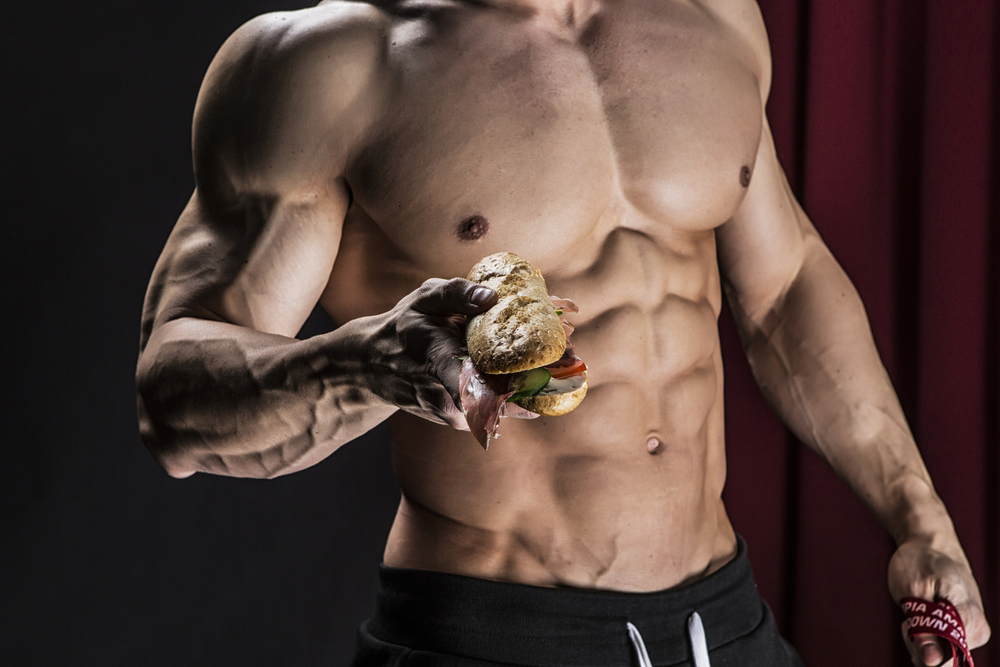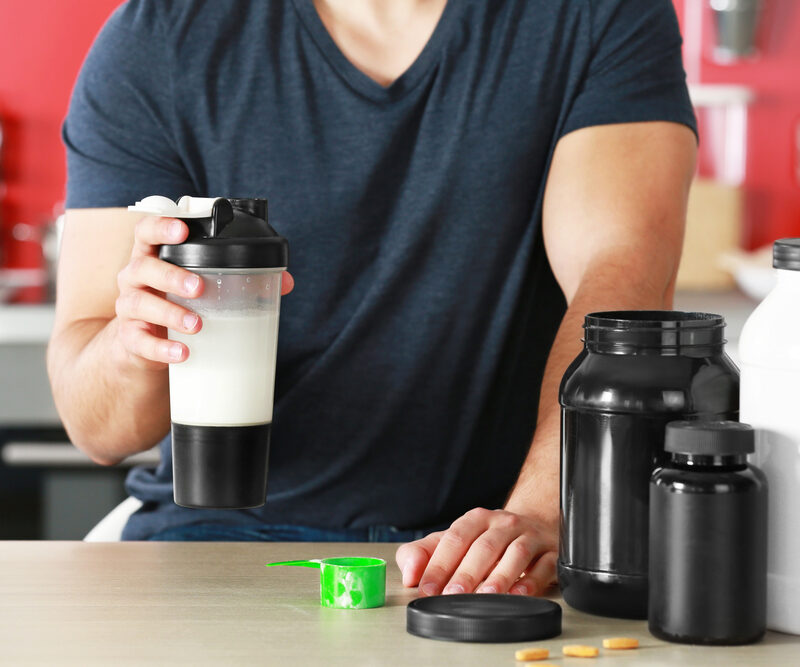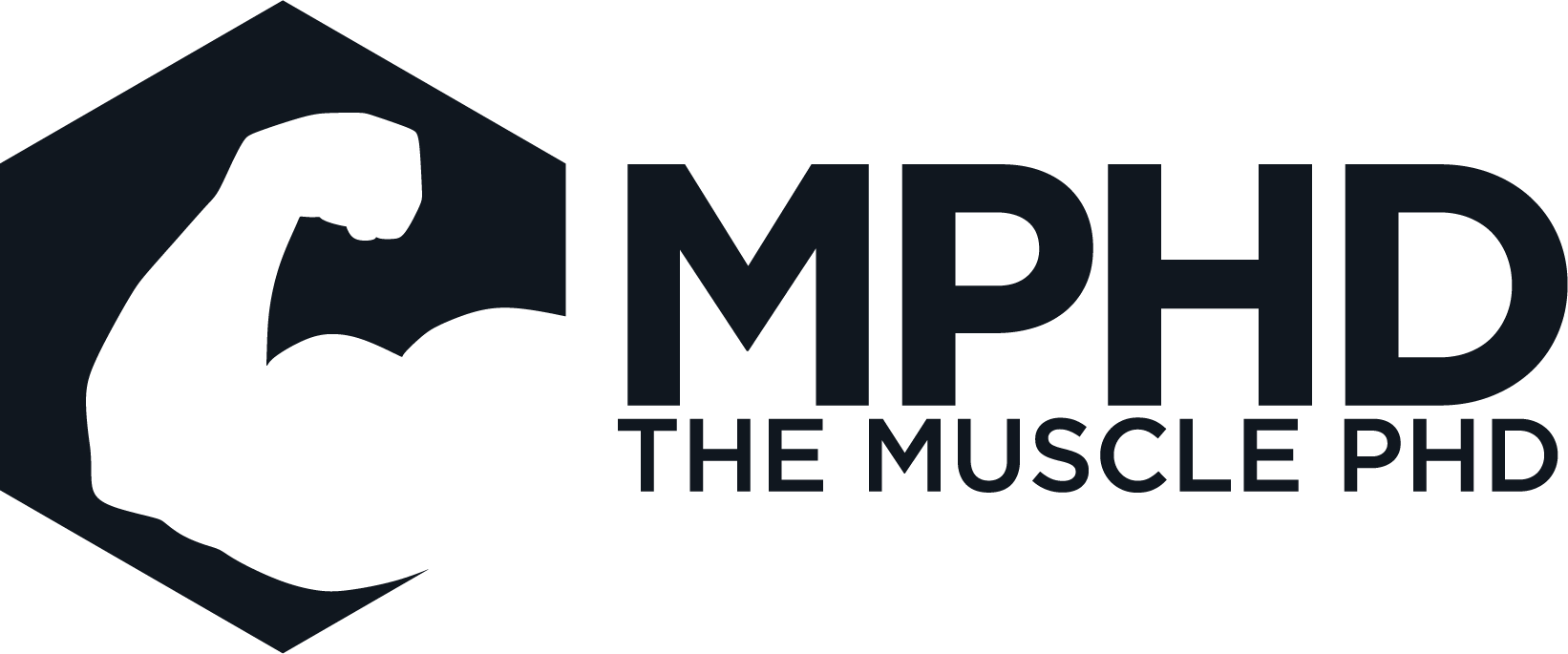If you’ve taken bodybuilding at all seriously, you’ve probably heard a lot of chatter from those around you about how much you eat in a day, and how this and that can’t be healthy for you.
However, no matter how much you tell these people that you’re literally eating until you’re about to throw up in order to optimize your muscle mass, they never believe you. In fact, meal frequency is even a hotly contested topic in the bodybuilding industry itself!
A lot of bodybuilders constantly debate about how much you should eat in a day, or how high your meal frequency should be in order to maximize your gains. Some would say 6 meals a day is optimal, preferring a quantity over quality approach, their reason being that if a meal has protein, then it triggers protein synthesis.
That actually couldn’t be further from the truth, and we’ll explain why.
How to Trigger Protein Synthesis

The first thing you need to understand is this: every time you eat a meal that’s optimized for protein, you’re going to get an anabolic response. That being said, not every meal you eat is going to trigger protein synthesis.
Essentially, you maximize your protein synthesis if you consume 30-50g of protein, which is how much you should aim to have in each meal. That’s how you’re going to be making these gains and increasing your muscle size.
However, let’s say you’ve been going ham in the gym 5-7 days a week, twice a day, and you’re still not getting any gains, what gives? To get to the bottom of this issue, you need to look at how long protein synthesis lasts after a meal.
Studies have shown that protein synthesis lasts about 180 mins after the meal, then it goes back down to baseline. Basically, if you eat another meal after that, your protein levels are still going to be elevated three hours later, but your protein synthesis signal would be turned off.
The way to overcome that is by spiking your protein synthesis again by taking Branched Chain Amino Acids (BCAAs), having Essential Amino Acids (EAAs), or drinking a small whey protein shake. This turns back on your protein synthesis signal.
How Frequently Should You Eat?
We’ve mentioned that you need to tell your body to turn on that protein synthesis signal, and the way to do that is by supplementing your diet with BCAAs, EAAs, or whey protein shakes. When you do this, you can separate your day into 4 meals that are optimized with 30-50g of proteins per meal.
Once you’ve had your meal, your protein synthesis will be spiked, you might have your supplements two hours later, and two hours after you’ve had those supplements, you can have your next meal.
This is the way to optimize muscle size and maximize your gains! However, the downside is that if you follow this process every day for years–which is how long it takes to develop muscle mass–you’re going to end up becoming insulin resistant.
You might be thinking that you’re fine being unhealthy if you’re going to get big and muscular; after all, the biggest bodybuilders in history have always been walking that tightrope of body health, so why shouldn’t you? However, being healthy is what’s going to help you get gains for the long term, and that’s when fasting comes into play.
Fasting, and especially intermittent fasting, have a ton of benefits in bodybuilding. You can intermittent fast by lowering your meal frequency in order to increase your insulin sensitivity, improve the health of your cells through autophagy–which is when the body cleans out its cells–and increase your vascularity to boot.
Our Recommendation: Meal Cycling
In order to maximize your gains for the long term, we would strongly recommend you cycle your meal frequency. That’s because, even if eating 4-6 high protein meals a day for years is supporting your gains, after a while, due to being insulin resistant, those meals are going to start losing their effectiveness.
That’s why during your gain phase, you should have a high meal frequency for 4-5 days of your week, and pair that with two days of intermittent fasting a week, where you’re eating 8-9 hours a day. During that time frame, you can eat 2-3 meals a day. That’s as far as you can push it, otherwise you’d actually start losing muscle–definitely a nightmare if you’re trying to make gains.

However, if you’re on a cutting phase, where your goal is to lose body fat while still maintaining or increasing your muscle mass, you could switch it up with 5 days a week on an intermittent fasting diet, with 2 days of high-frequency meals.
We hope this article helped you understand all about optimizing your meals in order to get the maximum amount of them gains! We’ll see you again in the next article.









